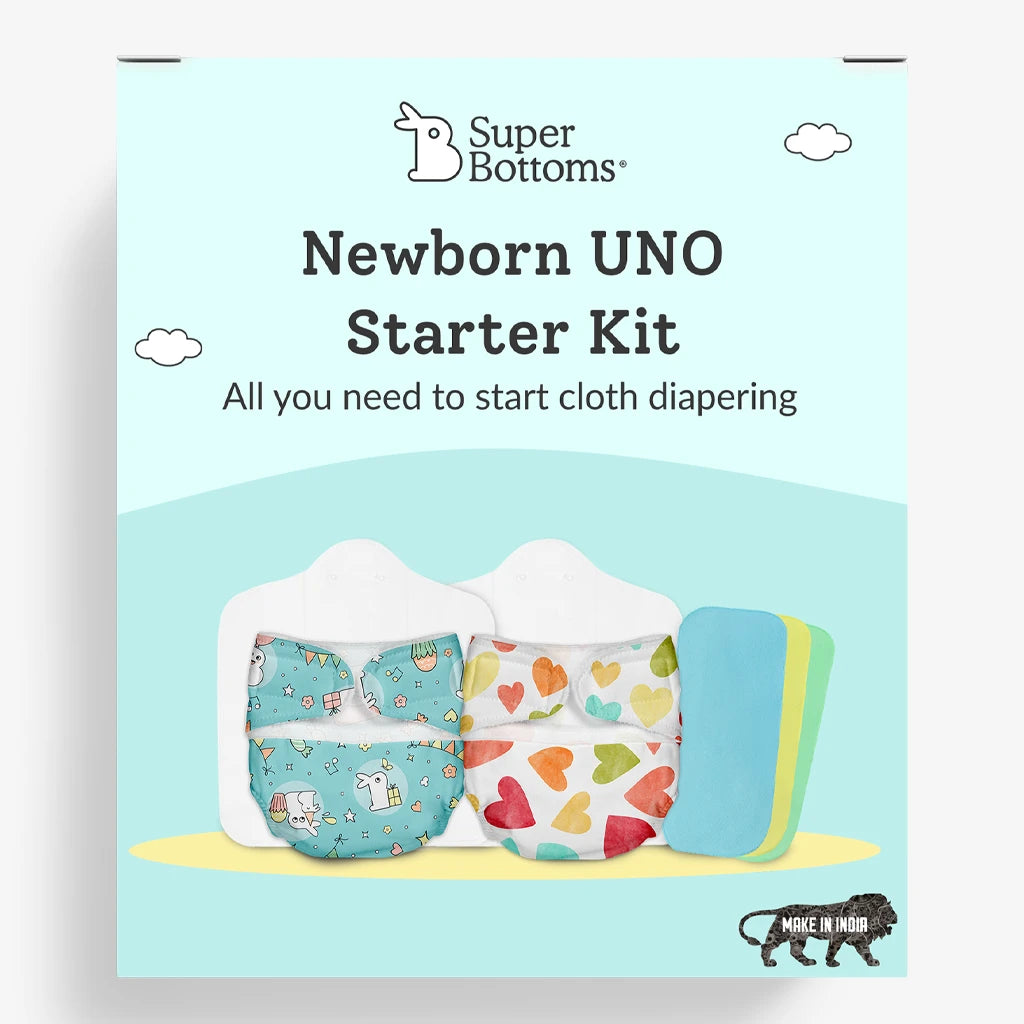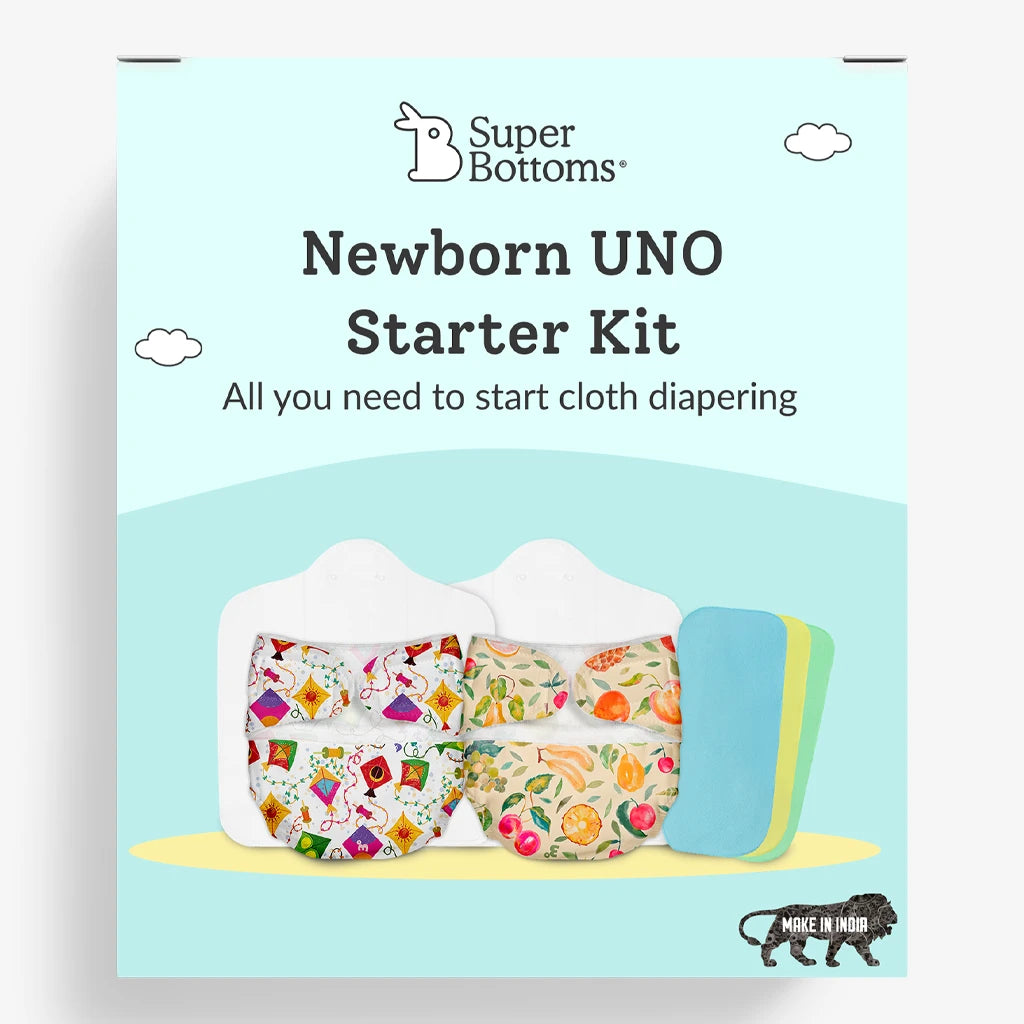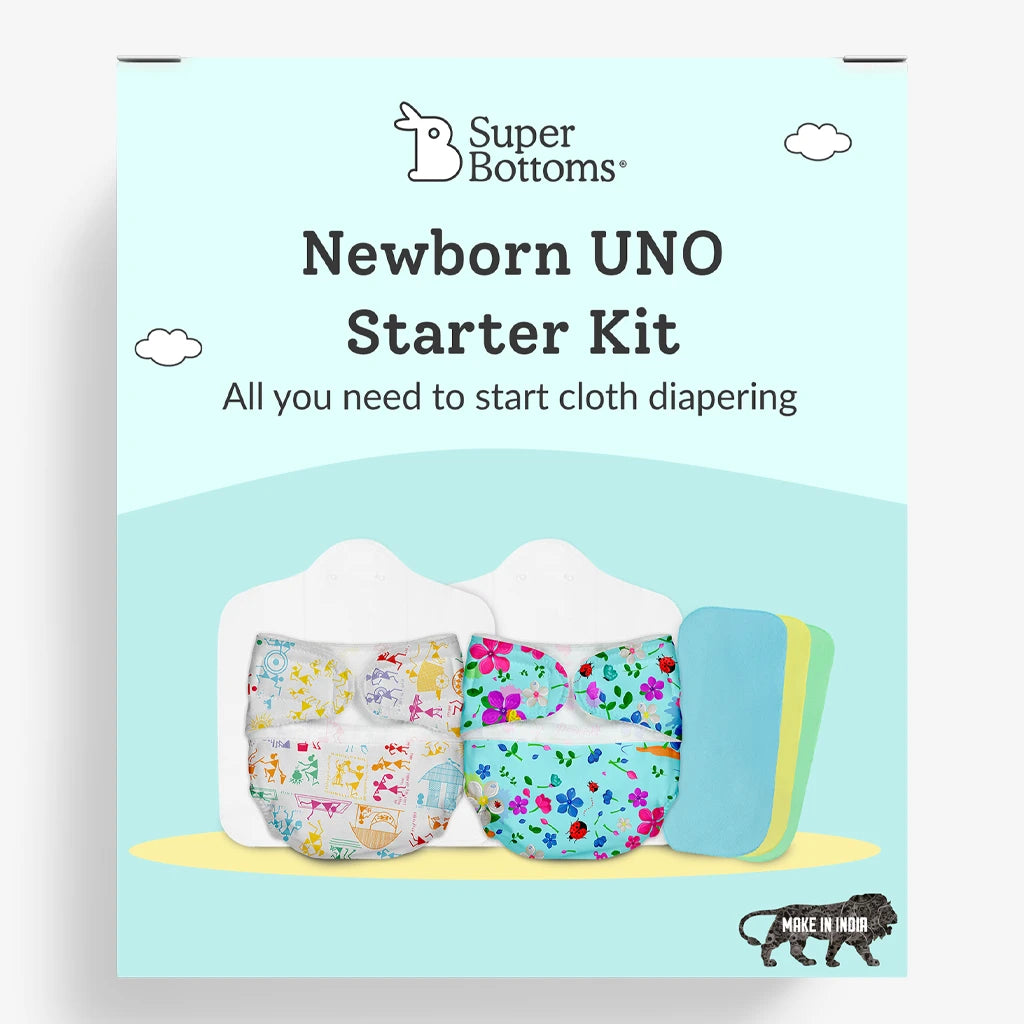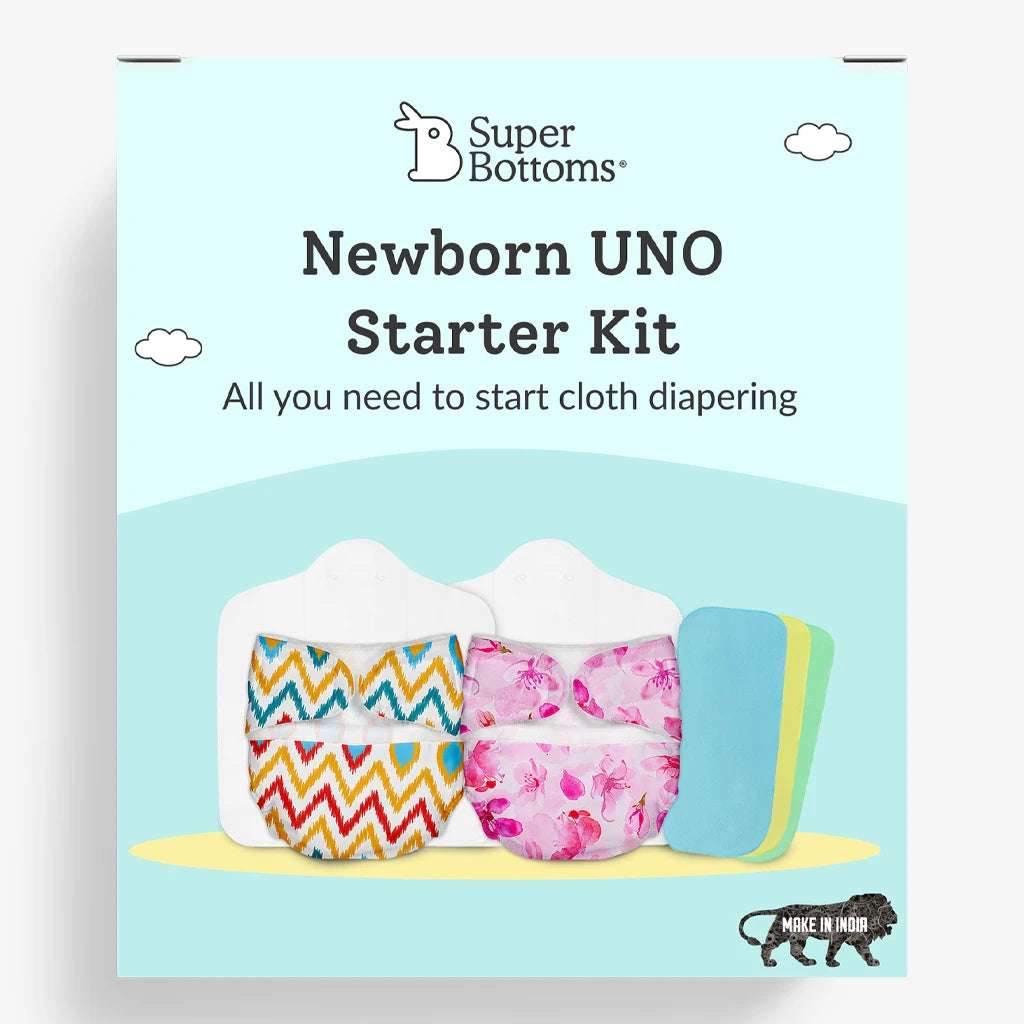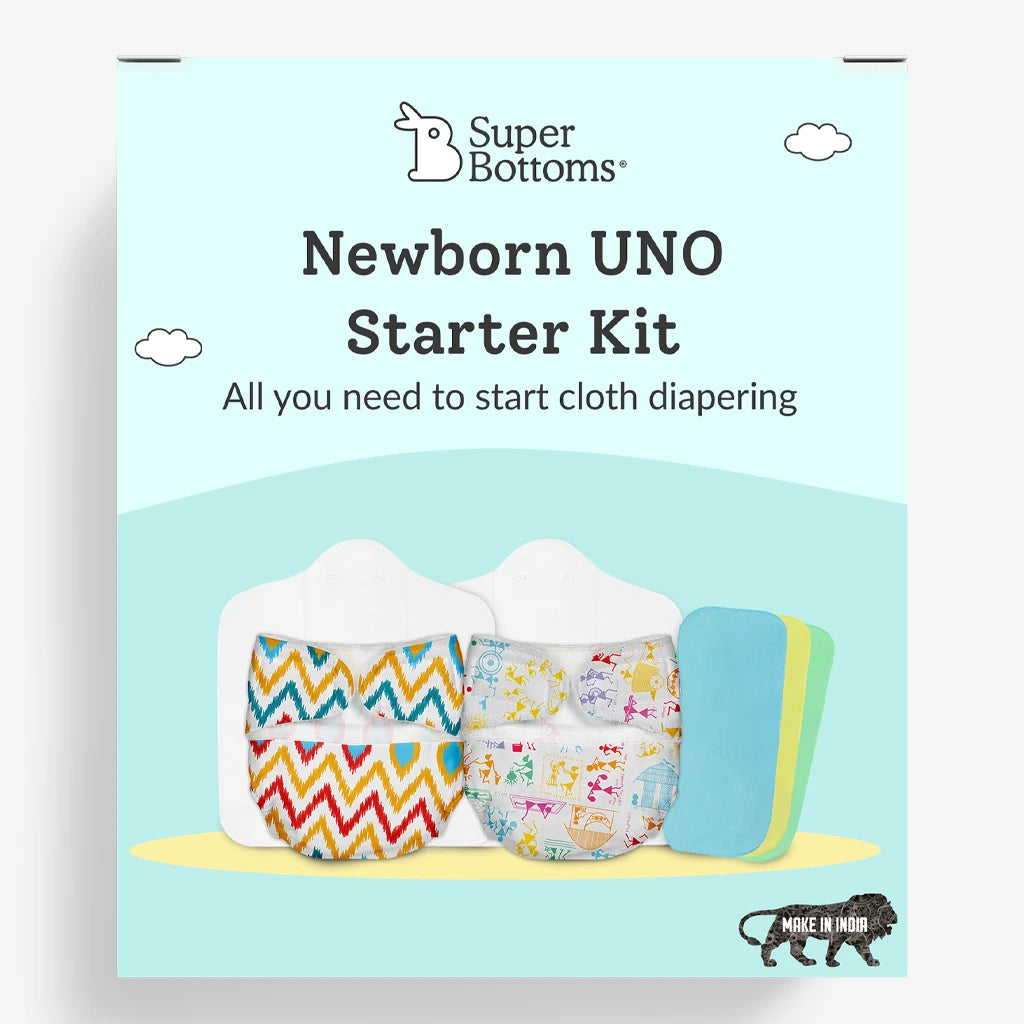The first trimester of pregnancy is a crucial phase that lays the foundation for your baby’s development and your overall pregnancy health. Spanning the earliest weeks, this phase brings rapid physical and hormonal changes, early pregnancy symptoms, and many questions for expecting parents. Understanding what happens during the first trimester pregnancy can help you make informed choices, reduce anxiety, and prepare confidently for the months ahead.
- How many weeks is the first trimester of pregnancy?
- What happens in the first trimester of pregnancy?
- What are the most common first trimester pregnancy symptoms?
- Is white discharge during pregnancy in first trimester normal?
- What should a first trimester pregnancy diet look like?
- Which fruits to avoid during pregnancy first trimester?
- How to sleep during first trimester comfortably?
- Is stomach pain in first trimester normal or concerning?
- Do you need extra care and products in the first trimester?
- Key Takeaways
- FAQs
- Message from SuperBottoms
-
References
How many weeks is the first trimester of pregnancy?
The most common question new parents ask is: how many weeks is the first trimester? The first trimester of pregnancy lasts from week 1 to week 12. Although conception happens around week 2, doctors count pregnancy from the first day of your last menstrual period.
During these 12 weeks, your baby’s major organs, brain, spinal cord, and heart begin to form. Because development happens so rapidly, this phase is considered the most sensitive stage of pregnancy.
What happens in the first trimester of pregnancy?
In the first trimester pregnancy phase, your body begins producing pregnancy hormones like hCG, progesterone, and estrogen. These hormones support the growing fetus but also cause many early pregnancy symptoms.
At the same time, your uterus starts expanding, blood volume increases, and your immune system adapts to support the baby. This is why rest, nutrition, and gentle self-care are extremely important in the first trimester of pregnancy.
What are the most common first trimester pregnancy symptoms?
First trimester pregnancy symptoms can vary widely from person to person. Some experience multiple symptoms, while others have very mild changes.
Common first trimester symptoms include:
- Missed periods
- Nausea or morning sickness
- Fatigue and sleepiness
- Breast tenderness
- Mood swings
- Frequent urination
- Food cravings or aversions
According to Dr Anita Soni, MBBS, DGO (Consultant Obstetrician & Gynaecologist), “Early pregnancy symptoms are a sign that hormonal changes are supporting the pregnancy, and most of these symptoms settle by the second trimester.”
Is white discharge during pregnancy in first trimester normal?
Many parents worry about white discharge during pregnancy in first trimester. In most cases, a thin, milky-white discharge is completely normal and is known as leukorrhea.
This discharge helps prevent infections from reaching the uterus. However, if the discharge is foul-smelling, greenish, yellow, or causes itching or burning, medical advice should be sought immediately.
What should a first trimester pregnancy diet look like?
A balanced first trimester pregnancy diet supports fetal development and helps manage symptoms like nausea and fatigue. Nutrient-dense foods are essential at this stage.
A healthy first trimester diet should include:
- Folate-rich foods (spinach, lentils, oranges)
- Iron-rich foods (beans, dates, leafy greens)
- Protein sources (dal, eggs, paneer)
- Calcium-rich foods (curd, milk, sesame seeds)
- Plenty of fluids
Eating small, frequent meals can also help manage nausea and maintain energy levels.
Which fruits to avoid during pregnancy first trimester?
While fruits are generally healthy, there are certain fruits to avoid during pregnancy first trimester or consume cautiously.
|
Fruit |
Why Avoid or Limit |
|---|---|
|
Papaya |
Contains latex that may trigger uterine contractions |
|
Pineapple |
High bromelain content may soften cervix |
|
Excess grapes |
May cause heat and digestive issues |
Always consult your doctor if you are unsure about specific foods during the first trimester of pregnancy.
How to sleep during first trimester comfortably?
Many parents ask how to sleep during first trimester, especially with fatigue and nausea.
Helpful sleep tips include:
- Sleep on your side (left side is ideal later, but any side is fine initially)
- Use soft pillows for support
- Avoid heavy meals before bedtime
- Maintain a consistent sleep routine
Good-quality sleep supports hormonal balance and emotional well-being in the first trimester pregnancy phase.
Is stomach pain in first trimester normal or concerning?
Mild stomach pain in first trimester is usually normal and may occur due to implantation, gas, or stretching of ligaments.
However, severe pain, persistent cramps, bleeding, or pain accompanied by fever should be evaluated by a doctor immediately, as these may indicate complications.
Do you need extra care and products in the first trimester?
The first trimester of pregnancy is also when parents begin preparing for pregnancy and baby care. Gentle, chemical-free products help support sensitive skin and changing body needs.
Why the first trimester of pregnancy matters
The first trimester of pregnancy is a time of rapid change, both physically and emotionally. Understanding first-trimester pregnancy symptoms, diet, sleep, and warning signs empowers you to take proactive steps toward a healthy pregnancy. With the right information, medical guidance, and safe products, you can navigate this phase with confidence.
|
Limited Time Offers + Special Gift Sets! Now or never Super SALE is live on the SuperBottoms website! Take advantage of unbeatable value deals on our UNO Cloth Diapers, Baby Essentials, and more. Looking for the perfect present for a newborn or a toddler? Explore our thoughtfully curated Gift Sets & Combos — safe, skin-friendly, and oh-so-cute! A bundle of love for little ones and a delight for parents. HURRY — Deals and Gift Packs are live only till stocks last. Don’t miss the chance to stock up and share the joy! |
Key Takeaways
- The first trimester of pregnancy lasts from week 1 to week 12 and is critical for fetal development.
- First trimester symptoms like nausea, fatigue, and white discharge are usually normal but should be monitored.
- A balanced first trimester pregnancy diet and adequate rest support both mother and baby.
Frequently Asked Questions (FAQs)
1. How many weeks is the first trimester of pregnancy?
The first trimester spans from week 1 to week 12 of pregnancy.
2. Are first trimester pregnancy symptoms the same for everyone?
No, symptoms vary widely; some experience many symptoms while others have very few.
3. Is white discharge during pregnancy in first trimester safe?
Yes, if it is odourless and not accompanied by itching or pain.
4. What foods are best in a first trimester pregnancy diet?
Folate-rich, iron-rich, and protein-dense foods are most beneficial.
5. Which fruits to avoid during pregnancy first trimester?
Papaya and pineapple should be avoided or limited unless advised otherwise by a doctor.
6. How to sleep during first trimester if feeling nauseous?
Sleeping slightly elevated and eating light meals before bed can help.
7. Is stomach pain in first trimester always a problem?
Mild pain is normal, but severe or persistent pain needs medical attention.
Message from SuperBottoms
Hi there, new parents! SuperBottoms brings you doctor-recommended cloth diapers — the best rash-free diapering solution for your baby’s sensitive and delicate skin. Unlike disposable diapers loaded with chemicals, our newborn cloth diapers, when used and washed properly, can help eliminate the risk of diaper rashes. SuperBottoms offers a wide range of safe, skin-friendly essentials for the whole family — including Reusable Cloth Diapers, Diaper Pants, DryFeel langots for diaper-free time, Padded Underwear for potty training, SuperSoft Underwear for everyday comfort, Joggers for playful days, and Period Underwear for women. Not just for everyday use, SuperBottoms products also make the best gifting choice for babies — thoughtful, eco-friendly, practical, and loved by parents. Now available on Amazon, Myntra, Flipkart, FirstCry, Zepto, Swiggy and Blinkit.






































































